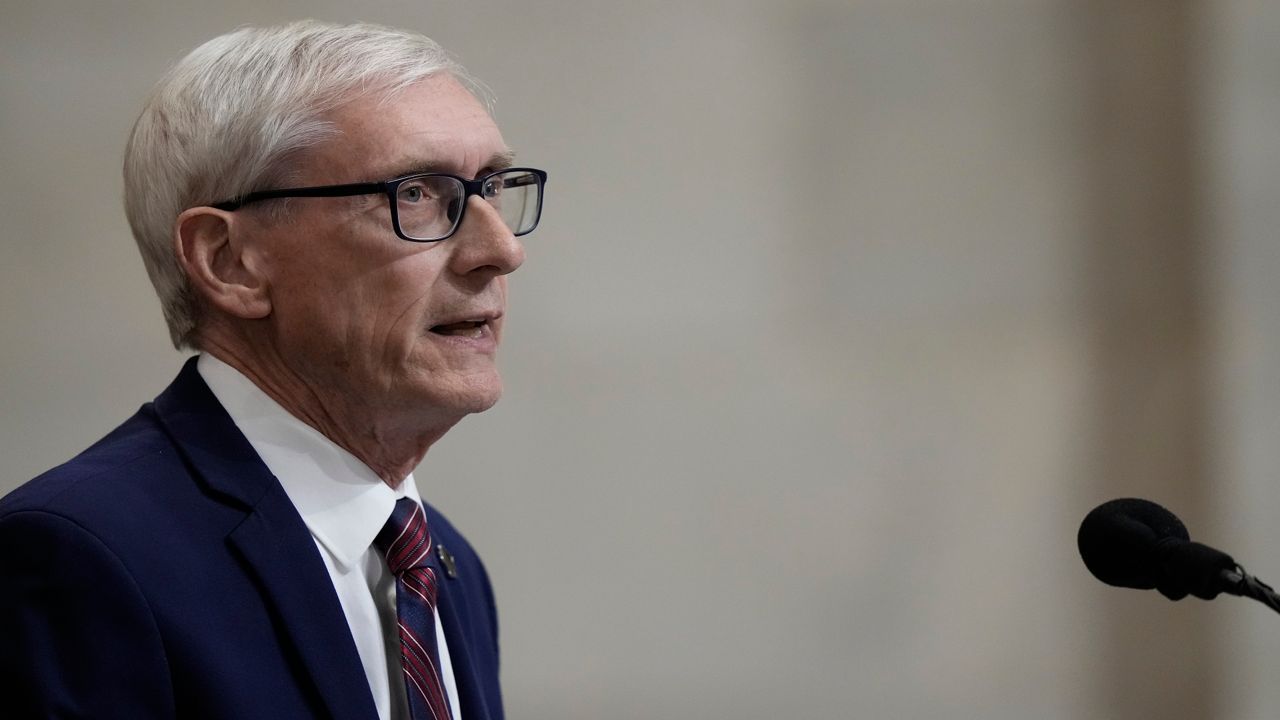MADISON, Wis. (AP) — Republicans who control the Wisconsin Senate voted Thursday to override three of Gov. Tony Evers' vetoes, including one that attempted to enshrine school funding increases for 400 years.
Republicans had the necessary two-thirds majority to override the vetoes in the Senate and did so in a series of 22-11 votes along party lines, but they don't have enough votes in the Assembly. Vetoes must be overridden in both chambers in order to undo them.
Two of the votes Thursday attempted to undo partial vetoes Evers made in July to the state budget passed by the GOP-controlled Legislature. One Evers veto undid nearly all of a $3.5 billion income tax cut. Another attempted to lock in a school funding increase for 400 years.
Evers' creative use of his partial veto authority in that case drew widespread attention and criticism. Following the Senate decision, Evers blasted Republicans in the Wisconsin State Legislature
“This is B.S. Doing what’s best for our kids will always be what’s best for our state," Evers said in a statement. "To think that Republicans want to take over $300 per student every year for the foreseeable future away from kids, classrooms, and schools with the work we have to do to keep class sizes small, improve outcomes in reading and literacy, and educate our future workforce, this doesn’t just defy logic—it’s reckless and wrong.”
BREAKING: Republicans just voted to take over $300 per student every year for the foreseeable future away from kids, classrooms, and schools across our state.
— Governor Tony Evers (@GovEvers) September 14, 2023
It’s B.S. Doing what’s best for our kids will always be what’s best for our state. My statement ⬇️ pic.twitter.com/qL6nbwZX13
The Senate also voted to override Evers' veto of a bill that would prohibit state and local governments from restricting utility service based on the energy source, such as natural gas.
Republican proponents and other backers, including the state chamber of commerce and energy companies, said the measure was needed to prevent any type of ban in Wisconsin like those discussed in other states. But environmentalists said the bill was in search of a problem as no community or the state was contemplating such a ban.



